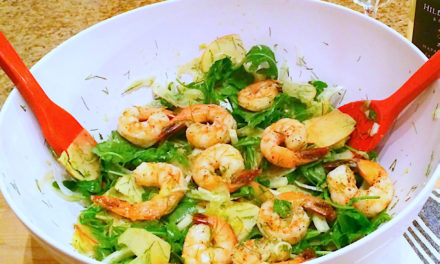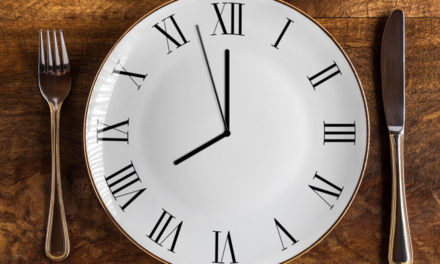How important is ‘when’ I eat? Should I eat breakfast?
Planning regular (every 3–4 hours) eating events, whether meals or snacks, is key to providing your body with consistent and adequate fuel. Breakfast is defined as the first meal of the day, typically eaten within two hours of waking. While the timeline of this meal may look different based on your personal schedule, it is important to “break the fast” after sleeping through the night, to take in nutrients to begin your day and to “frontload” the day to prevent feeling overly hungry in the afternoon and evening. If you typically do not experience hunger cues after first waking, try incorporating foods such as toast with butter, oatmeal, or a breakfast bar as an easily digested choice to begin your day. Over time, your body will likely recognize the consistent intake of fuel and begin to experience hunger cues around this time.
What and when should I eat around my workouts?
Eating a meal or snack before and after a workout or exercise session is important. When considering fueling before physical activity, factors include the timing of your workout, the type of workout you’re planning, the time since your last meal or snack, and hunger cues. Finding foods that sit well during workouts can take trial and error. It’s typically best to time workouts at least two hours after meals to allow time for digestion.
However, if it’s been a few hours since you last ate and you’re working out in the next 30-60 minutes, consider an easily digested, carbohydrate-rich snack of grains or starches such as a banana, toast, or a sports drink to give your body a boost. Following a workout event, a snack or meal including carbohydrates and protein will be the best choice for muscle recovery. Aim to consume your post-workout meal or snack within 30-45 minutes of exercising to optimize recovery. Consider chocolate milk and oatmeal for a quick and easy post-workout snack, or plate a post-exercise meal of chicken, pasta, and a fruit or vegetable.
For individuals engaging in forms of exercise that are higher intensity and/or longer duration, fueling during exercise may be necessary. Due to the unique needs of every athlete and every sport, meeting with a sports dietitian can be beneficial to enhance performance and recovery and ensure proper fueling. If you want to optimize nutrition to fuel your active lifestyle, contact the sports dietitians at Memphis Nutrition Group for individualized plans, goals, and support.
How long does a pre-workout last?
Let’s back up before diving into this question. When selecting a supplement of any kind, it’s important to be an informed consumer. Be cautious when purchasing pre-workouts or any supplement. Marketing and advertising can often lead us to believe that pre-workouts and other powders, drinks, and gels are a necessary part of an athlete’s diet, but real food often works just as well, is less expensive, and sits better in our system.
A pre-workout is a dietary supplement intended or marketed to improve physical and mental energy when taken before exercise. Pre-workouts typically contain varying amounts of caffeine and types of amino acids, and the effects of the supplement vary widely depending on the ingredient profile. Some pre-workout products contain creatine, vitamins, beta-alanine, and other ingredients in quantities or doses that may or may not make a positive difference in performance. When considering a supplement, check if it is third-party tested to ensure it does not contain any banned substances or fillers not listed on the ingredient list. Reputable and reliable third-party companies include NSF Certified for Sport, Informed Choice, and USP.
Pre-workouts aren’t for everyone, and before use, daily nutrition should be evaluated and modified to ensure individual needs are met. Rather than depending on caffeine, a stimulant, to energize your workouts, remember that food is the best fuel. Calories are units of energy, and carbohydrates are the body’s preferred fuel source. For those who tolerate it, caffeine and carbs can give workouts a boost, and working in protein post-workout is an excellent plan. Consult your Registered Dietitian and/or medical provider before beginning any new supplement regimen.
By Lauren Dia, MS, RDN, LDN
Memphis Nutrition Group, a nutrition and lifestyle counseling practice offering in-person and virtual nutrition therapy specializing in a non-diet, weight-neutral approach. Contact them at 901.343.6146 or visit MemphisNutritionGroup.com for more information.






